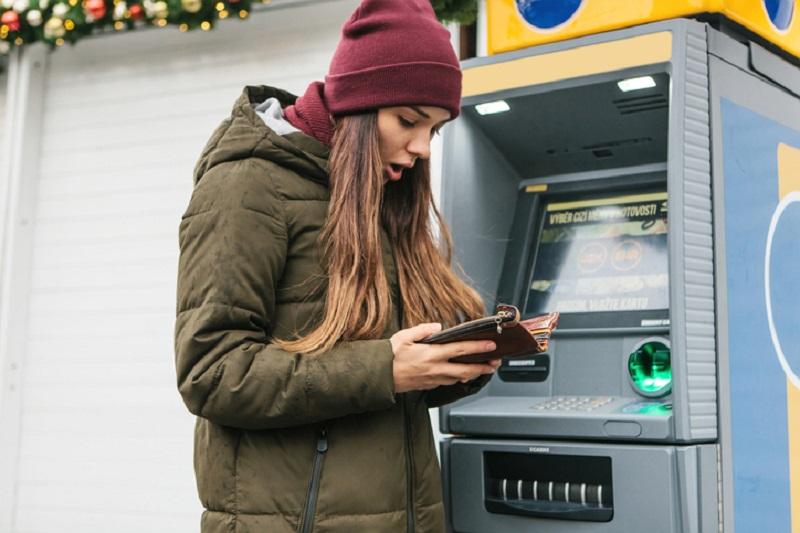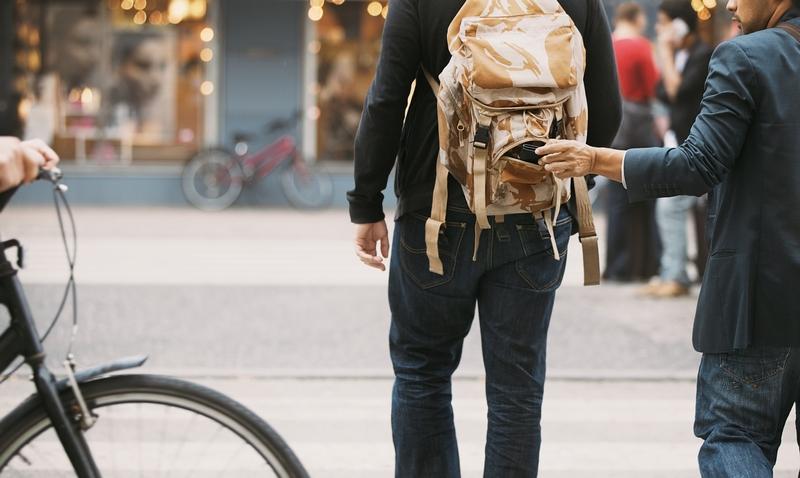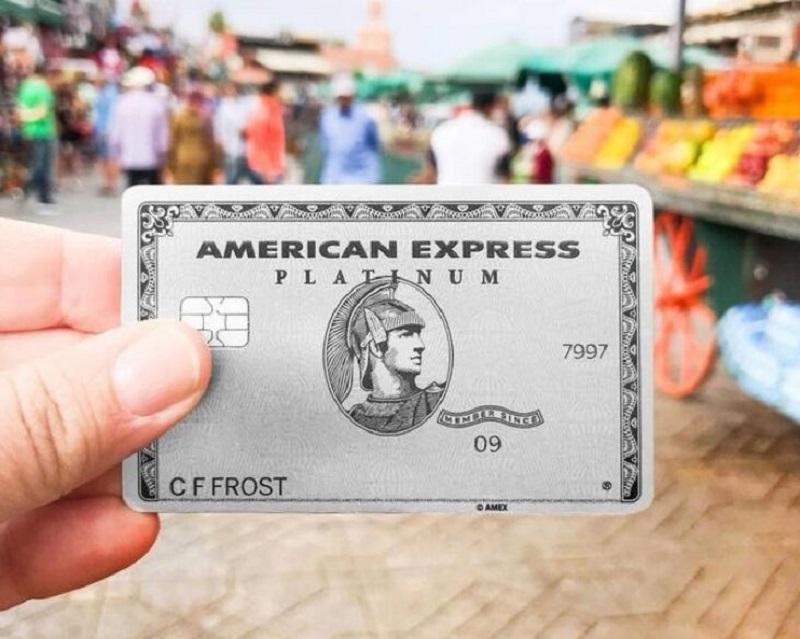Scams are a real threat to the modern traveler. But as scam artists get craftier, even experienced travelers can fall for a trick. Travel scams happen all over the world. While exploring new destinations, encountering scams is an unfortunate reality. From overpriced taxis to closed attractions, cunning scammers prey on unsuspecting tourists worldwide.
A healthy sense of caution can go a long way, but you can’t always predict when things will go awry. It’s important to know what kind of scams exist so you can safely navigate situations as they arise. We’ve outlined some common tourist scams and how to avoid them.
Airbnb Scams

Airbnb scammers employ various tactics to appear credible. Scammers take advantage of travelers looking for places to stay online. We advise verifying email links to ensure they lead to expected destinations. Scammers can use links disguised as legit websites that redirect to fraudulent ones, a common tactic to deceive users.
We also warn against unnecessary URL shorteners, which obscure the true destination. You are advised to carefully look at the browser’s address bar for legitimacy. Therefore, when dealing with Airbnb communications, it’s crucial to double-check links and web addresses to avoid falling victim to scams.
Taxi Scams

Taxi scams worldwide range from drivers deserting with your belongings to claiming certain routes are closed to extend the journey or overcharging tourists. To avoid such scams, especially at airports, only use transportation services from authorized areas with official signage. Reputable taxi companies typically operate from these zones, offering fair prices.
It’s advisable to agree on a fare before starting the journey and always ensuring transparency. Always verify that the meter is functional before the ride begins. This precautionary measure can save you from being overcharged or falling victim to other fraudulent practices.
Public Wi-Fi and Charging Stations

It’s essential to be cautious when using public Wi-Fi networks for sensitive activities like online banking or accessing personal information. These networks are often unsecured, making it easy for hackers to intercept your data. Consider using your phone’s hotspot or a virtual private network (VPN) to encrypt your internet connection, which adds an extra layer of security.
It is also advisable to avoid public USB charging stations. Cybercriminals can exploit them to load malware onto your device and gain access to your information. In today’s digital landscape, where cybercrime is rampant, implementing safety cybersecurity practices while traveling is vital to safeguarding your personal data and privacy.
By taking proactive measures such as using secure internet connections and being cautious about where you charge your devices, you can significantly reduce the risk of falling victim travel scams while on the go.
Be Cautious with ATMs and Credit Cards

When using ATMs or making card transactions while traveling, take precautions to avoid falling victim to scams or theft. Scammers often target tourists at ATMs, especially those in busy or poorly lit areas, by installing card skimming devices or using distraction techniques. To protect yourself, use ATMs located in secure, well-lit areas such as banks or reputable stores.
Before inserting your card, check the machine for any signs of tampering or loose misaligned parts, and cover the keypad when entering your PIN to prevent shoulder surfing. Consider using ATMs inside bank branches or in airports, where they are more likely to have security cameras and be regularly inspected for skimming devices.
Additionally, be cautious of using standalone ATMs, particularly those in remote locations or tourist hotspots. To further protect your financial information, consider using a travel wallet equipped with RFID-blocking technology, which prevents electronic pickpocketing and unauthorized scanning of your credit cards’ information.
Unsolicited Offers

Unsolicited offers from strangers can sometimes be a guise for scams, especially in tourist areas. Whether it’s a free tour, discounted merchandise, or a too-good-to-be-true deal, exercise caution and evaluate the offer before accepting. Scammers often employ tactics to pressure you into making a quick decision, such as claiming the offer is only available for a limited time or insisting that you act immediately.
Be wary of high-pressure sales tactics and take your time to consider the offer carefully. If someone approaches you with an unsolicited offer, politely decline and move on. Remember that legitimate businesses typically don’t approach customers in this manner.
Additionally, be cautious of strangers who offer to help you with tasks like carrying your bags or navigating the area. While some may genuinely want to assist, others may have ulterior motives, such as distracting you while an accomplice steals your belongings. Trust your instincts and be skeptical of offers that seem too good to be true.
Stay Vigilant in Crowded Areas

Crowded tourist areas can be prime locations for scams and theft, so we advise to remain vigilant and aware of your surroundings. Scammers often take advantage of the hustle and bustle to distract tourists and steal their belongings. Keep a close eye on your belongings, such as wallets, purses, and smartphones, especially in crowded areas.
Consider using a crossbody bag or backpack with anti-theft features to deter pickpockets in places like markets, public transportation, or tourist attractions. Be cautious of individuals who approach you with overly friendly gestures, petitions, or offers of help.
Avoid engaging with street performers or vendors who use aggressive or persistent tactics to sell their products or services. These interactions can often lead to pressure to purchase items or give money. If you feel uncomfortable or sense that something is amiss, trust your instincts and remove yourself from the situation. Don’t hesitate to seek help from authorities or nearby businesses if you feel threatened or harassed.
Stay Safe
In conclusion, being vigilant and informed about common travel scams is crucial to protect yourself from potential harm while exploring new destinations. By staying alert, avoiding unsolicited offers, and being cautious in crowded areas, you can significantly reduce the risk of falling victim to scams or theft.
Additionally, taking proactive measures such as using secure ATMs, keeping valuables secure, and using reputable services further enhances your safety abroad. Trusting your instincts and prioritizing your safety are paramount.
With careful planning and awareness, you can enjoy your travels with confidence, knowing that you’ve taken steps to avoid potential scams and fraudulent activities. Stay informed, stay cautious, and make the most of your travel experiences while staying safe.



